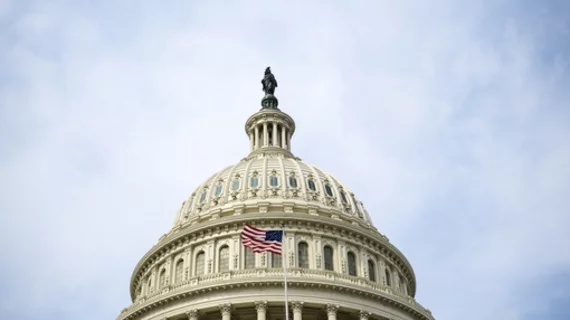House votes to repeal medical device tax
The U.S. House of Representatives has voted to repeal the medical device tax, originally implemented as a piece of President Barack Obama’s Affordable Care Act, by a vote of 283 to 132. Fifty-seven Democrats voted with Republicans to eliminate the 2.3 percent tax. All eyes are now on the Senate to see what may happen next.
The tax returned at the beginning of 2018 after a two-year suspension, but then it was suspended for two additional years on Jan. 22. If legislation to repeal the tax is not passed by the Senate and signed into law by President Donald Trump, it would go back into effect in 2020.
The Medical Imaging & Technology Alliance (MITA) urged Congress to repeal the tax in a statement earlier this week.
“Congress must permanently repeal the medical device tax and put an end to a policy that hurts the economy, reduces job growth, and delays the development of innovative medical technologies and treatments,” Patrick Hope, executive director of MITA, said in the statement. “A permanent repeal, rather than another delay, is what is needed to end uncertainty in the sector that has made it difficult for firms to plan investments in hiring and research and development.”
The Advanced Medical Technology Association (AdvaMed) issued its own statement after the vote, calling the move “a win for American innovation, American jobs and, most of all, for American patients.”
“The overwhelming, bipartisan support for repeal sends a strong message that lawmakers recognize this tax is not good health policy or good fiscal policy,” AdvaMed CEO Scott Whitaker said in the statement. We know a significant majority of the Senate feels the same way and urge them to quickly take up this measure and eliminate once and for all this drag on one of the country's best hopes for better patient care and economic growth.”

